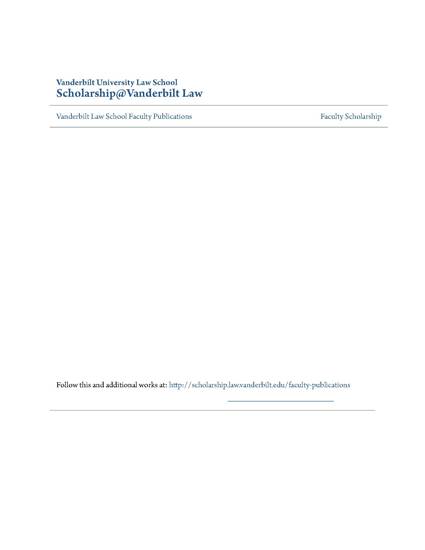
- preventive justice,
- individual prevention,
- empirical desert,
- risk assessment,
- criminal law
- Criminal Law and
- Law
This essay is a response to an article by Paul Robinson, Joshua Barton, and Matthew Lister in this issue of New Criminal Law Review that criticizes an article I authored with Lauren Brinkley-Rubinstein entitled Putting Desert in Its Place, which was itself an analysis of several works published by Robinson and various coauthors making the case for "empirical desert." Robinson's suggestion that utility can be optimized by a focus on desert as it is viewed by the average citizen opens up a new line of inquiry that could lead to a better appreciation of the influence desert should have on the criminal law. Where we disagree is how much utility a system founded on empirical desert is likely to have. Robinson appears to hold that failing to subscribe to empirical desert in most cases will result in noticeable disutility, whereas I am inclined to believe, consistent with the studies in Putting Desert in Its Place, that only significant, continuous and highly publicized departures from lay views will occasion the loss of compliance and cooperation that Robinson describes. This article also defends the punishment scheme that I have called "preventive justice" against some of the claims made by Robinson, Barton, and Lister.
Available at: http://works.bepress.com/christopher-slobogin/5/
